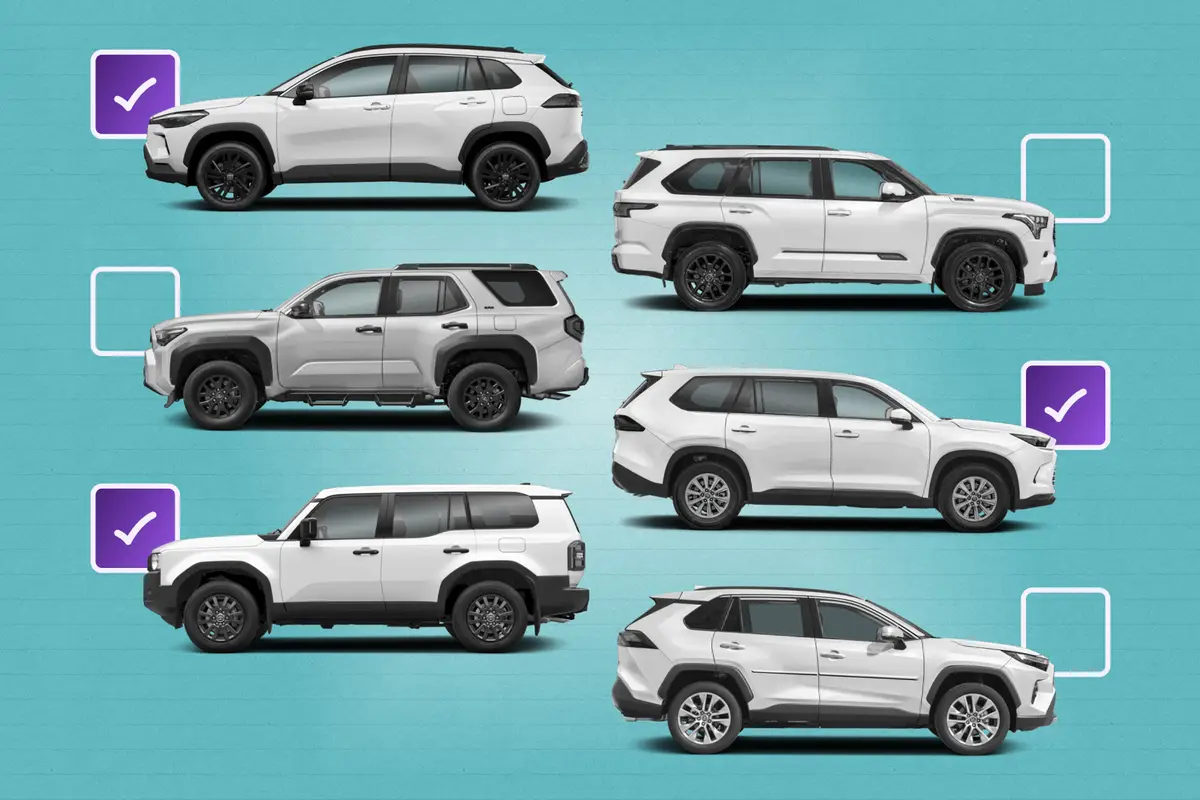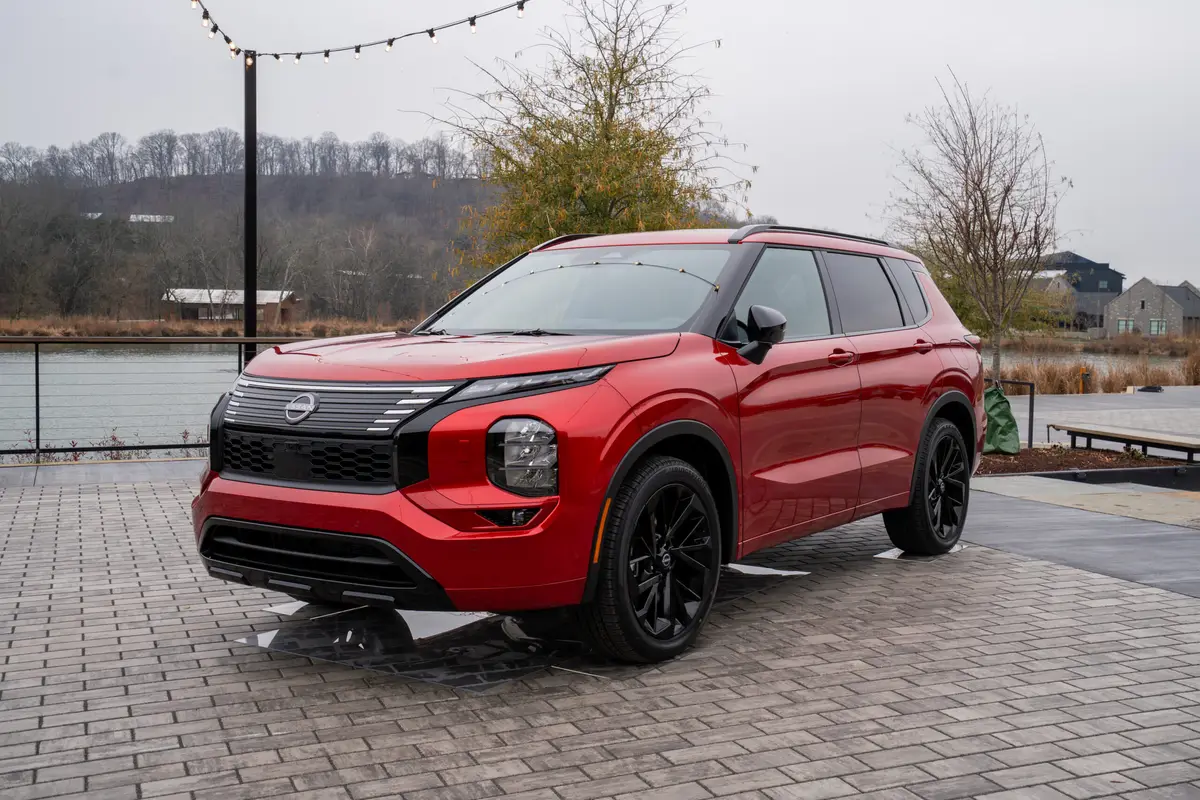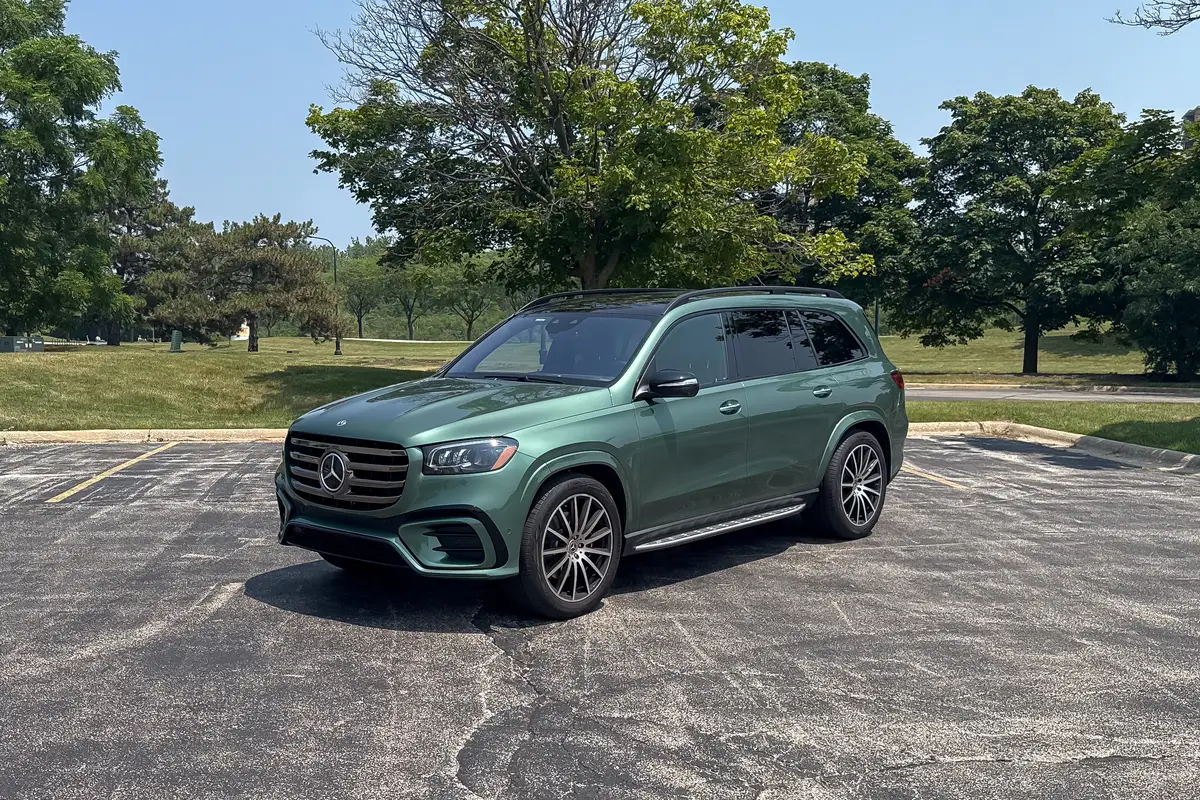These Are the Most Dependable 3-Year-Old Cars, Says J.D. Power

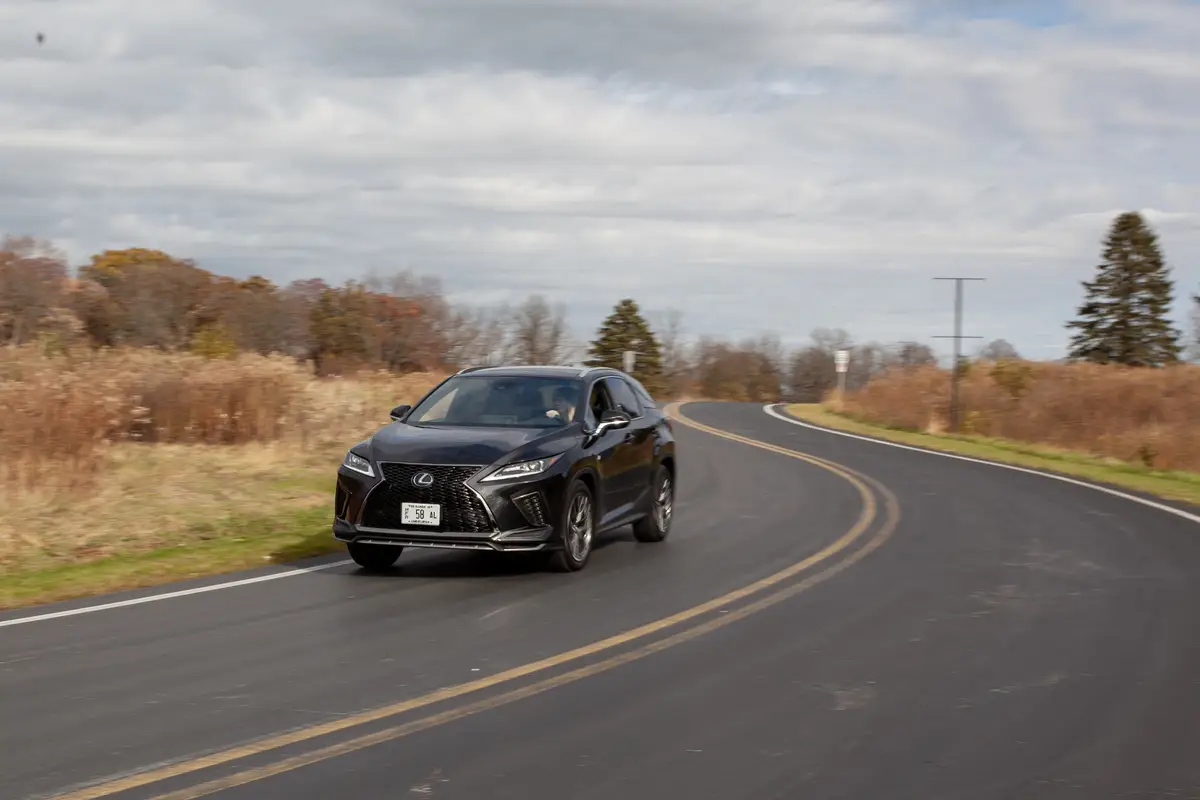
Even as used-car prices start to decline, they are still hovering well above the levels seen prior to the inventory shortage. Shoppers looking to get the best value for their money should factor a pre-owned vehicle’s dependability into the equation. J.D. Power’s annual Vehicle Dependability Study helps identify vehicles and brands that were most and least problematic after three years of ownership. For 2023, the study evaluated model-year 2020 vehicles based on owners’ feedback about quality, component replacement and overall appeal. The good news is that average dependability scores improved over last year; the bad news is that infotainment continues to cause headaches for owners, and premium brands continue to underperform compared to their mass-market counterparts. Lexus is a notable exception as the brand reclaims the top spot for brand dependability.
Related: 2022 J.D. Power Initial Quality Study: New-Vehicle Problems Hit All-Time High
Updated in 2022, the VDS is based on responses from over 30,000 original owners of 2020 model-year vehicles. The study looks at 184 specific vehicle problems experienced by owners across nine vehicle categories: climate, driving assistance, driving experience, exterior, features/controls/displays, infotainment, interior, powertrain and seats. Brands and individual models are assigned a score based on the number of reported problems per 100 vehicles (PP100). The lower the score, the higher the ranking.
Dependability Gains
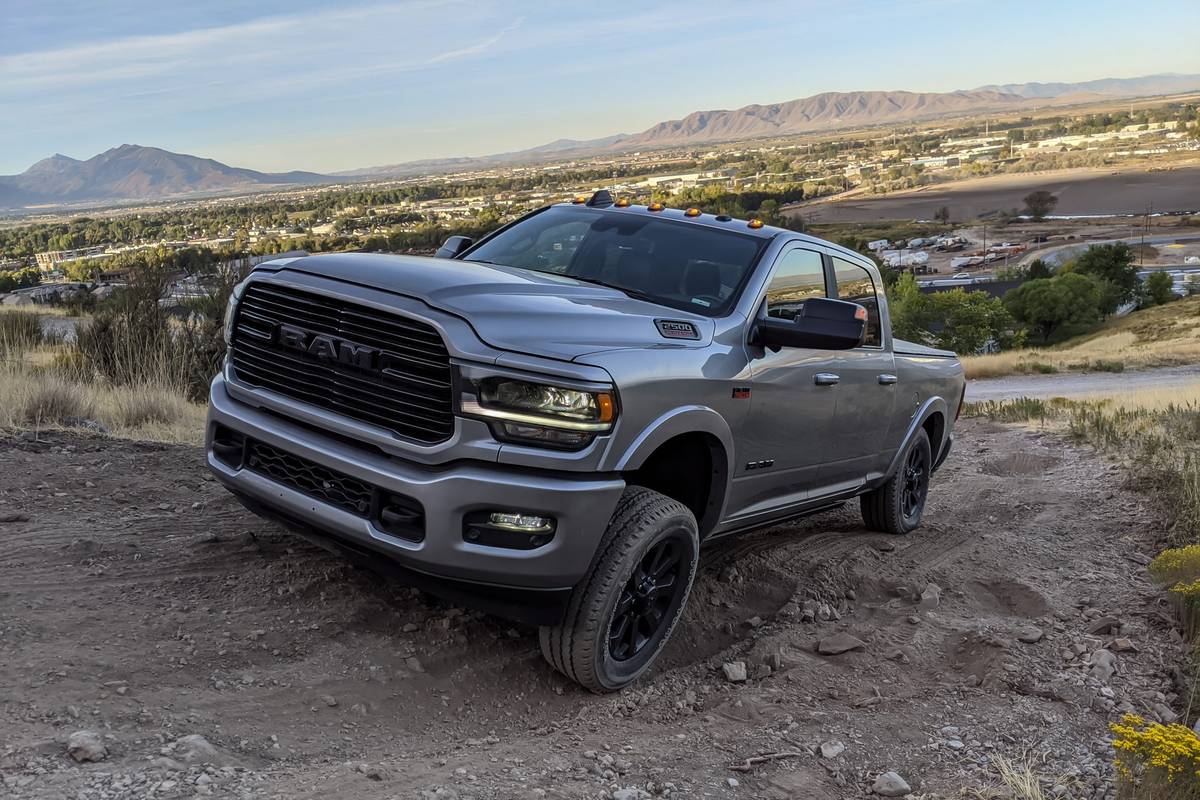
Compared to last year’s results, the 2023 study showed an improvement in the overall dependability of three-year-old cars with an industry average PP100 score of 186, down from 192 in 2022. Mass-market brands drove the improvements with an average PP100 of 182, down from 200 compared to the prior year. With the industry average for premium brands hitting 205 PP100, the gap between mass-market and premium vehicles is at its highest in the history of the study. The reason, says J.D. Power, is that premium brands typically offer more advanced technology, which increases the likelihood that owners will experience problems. “It is typical in the automotive industry to roll out concepts and features by putting them in premium vehicles first,” said Frank Hanley, senior director of auto benchmarking at J.D. Power, in a statement.
Most Reliable Car Brands
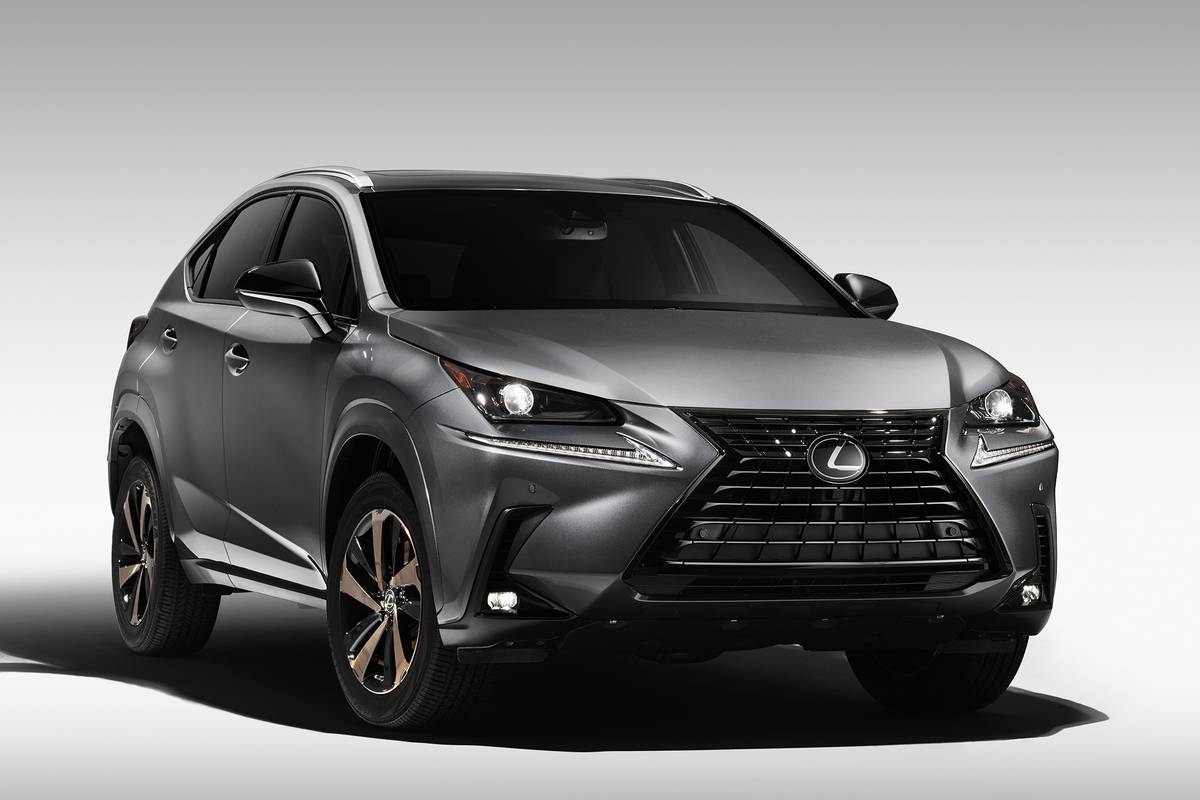
Topping the list of least problematic brands is Lexus, followed by Genesis and Kia. Kia was determined the least problematic among mass-market brands for the third consecutive year. Several brands have also made notable strides in their dependability scores: Ram’s PP100 score of 189 is a 77-point improvement from 2022, while Volvo improved by 41 and Nissan by 35.
Another notable brand featured in the 2023 VDS is Tesla, which is assigned a score for the first time but is not eligible for ranking and awards because the automaker does not allow J.D. Power to access owner information in all states. The all-electric brand earns a 242 PP100 score, putting it toward the bottom of the list — not surprising given many of Tesla’s unique and complex features.
Here’s the complete list of brands evaluated in the 2023 Vehicle Dependability Study, ranked by their PP100 score (the industry average is 186):
1. Lexus (133)
2. Genesis (144)
3. Kia (152)
4. Buick (159)
5. Chevrolet (162)
6. Mitsubishi (167)
7. Toyota (168)
8. Hyundai (170)
9. Mini (170)
10. Nissan (170)
11. Dodge (172)
12. Cadillac (173)
13. Mazda (174)
14. GMC (175)
15. BMW (184)
16. Ram (189)
17. Jeep (196)
18. Honda (205)
19. Infiniti (205)
20. Porsche (208)
21. Acura (211)
22. Subaru (214)
23. Volvo (215)
24. Volkswagen (216)
25. Chrysler (226)
26. Jaguar (229)
27. Mercedes-Benz (240)
28. Tesla* (242)
29. Ford (249)
30. Audi (252)
31. Lincoln (259)
32. Land Rover (273)
*Not eligible for ranking
Most Reliable Cars
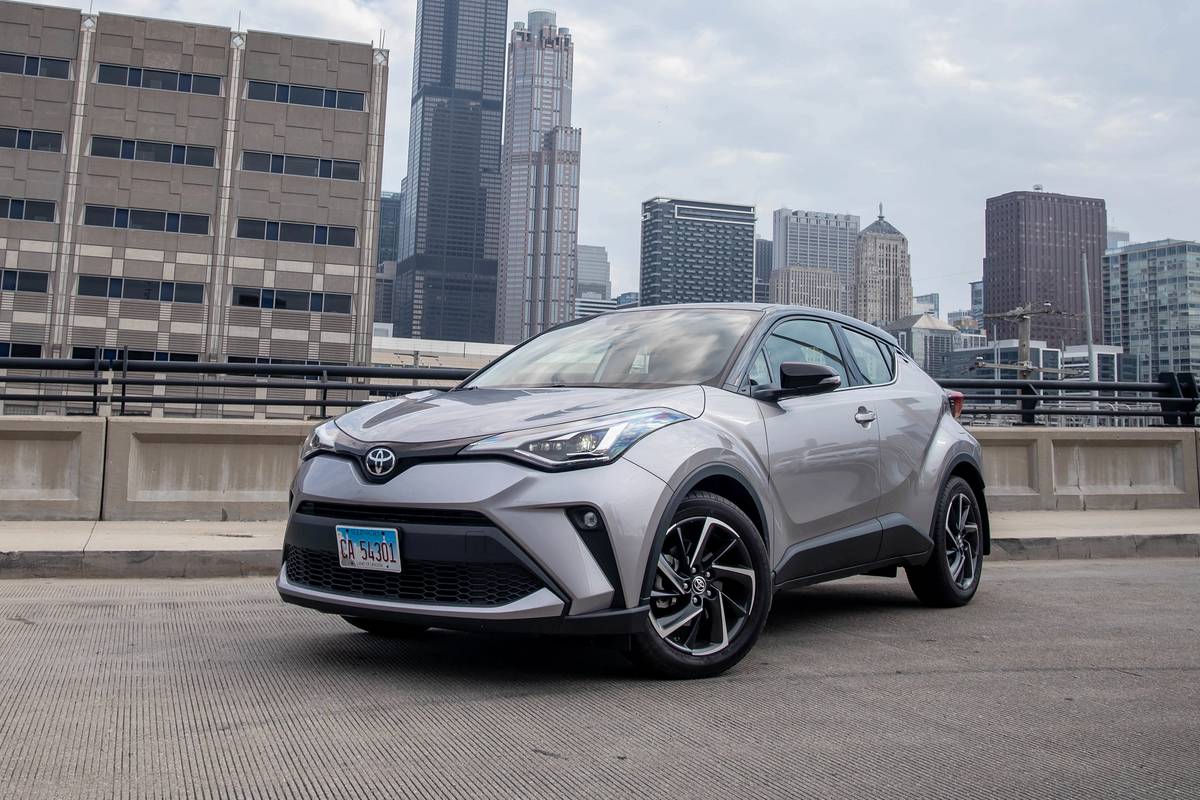
In addition to ranking the most dependable brands, the VDS identifies the top models by segment. For 2022, the Lexus RX and Toyota C-HR tie for overall most dependable models, while Toyota, parent automaker to Lexus, claims the most segment-level awards including Lexus’ NX and RX and Toyota’s C-HR, Highlander, Sienna and Tacoma.
- Compact Car: Kia Forte
- Compact Premium Car: BMW 4 Series
- Compact Sporty Car: Mini Cooper
- Mid-Size Car: Kia Optima
- Small SUV: Toyota C-HR
- Small Premium SUV: BMW X2
- Compact SUV: Kia Sportage
- Compact Premium SUV: Lexus NX
- Mid-Size SUV: Chevrolet Blazer
- Mid-Size Premium SUV: Lexus RX
- Upper Mid-Size SUV: Toyota Highlander
- Upper Mid-Size Premium SUV: BMW X5
- Large SUV: Chevrolet Tahoe
- Mid-Size Pickup: Toyota Tacoma
- Large Light-Duty Pickup: GMC Sierra
- Large Heavy-Duty Pickup: Chevrolet Silverado HD
- Minivan: Toyota Sienna
Top Complaints
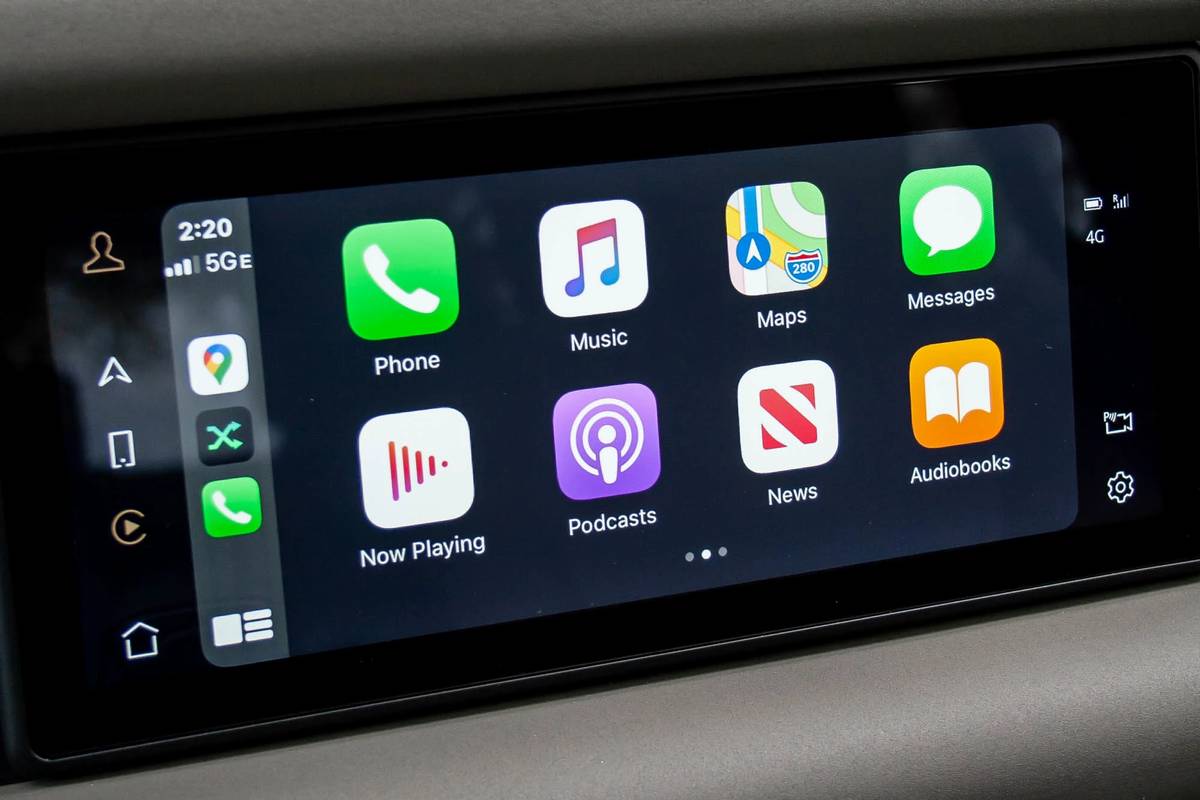
The Infotainment category once again proved to be the most problematic with an average PP100 score of 49.9 — nearly twice as many problems as the next most problematic Exterior category. The main culprits in order of problems experienced are: built-in voice recognition; Android Auto and Apple CarPlay connectivity; built-in Bluetooth system connectivity; touchscreen/display screen; not enough power plugs/USB ports; and inaccurate or outdated navigation systems and maps.
In addition to choosing a used vehicle with a lower PP100 score, another strategy to mitigate some of the above concerns is making sure the car allows for over-the-air software updates to keep technology current. According to J.D. Power, vehicle-condition satisfaction scores improved when OTA updates were made to a vehicle’s infotainment system.
More From Cars.com:
- Shopping for a Used Car? Here Are the Most Reliable 2018 Vehicles According to J.D. Power
- Used-Car Prices Are Finally Dropping; Here’s What to Expect in 2023
- Used Tesla Prices Take a Dive; Should I Buy One?
- Which Cars Have Self-Driving Features for 2022?
- 2022 J.D. Power Tech Experience Index: Hyundai Dominates, Overall Satisfaction Dwindles
Related Video:
Cars.com’s Editorial department is your source for automotive news and reviews. In line with Cars.com’s long-standing ethics policy, editors and reviewers don’t accept gifts or free trips from automakers. The Editorial department is independent of Cars.com’s advertising, sales and sponsored content departments.

Former News Editor Jane Ulitskaya joined the Cars.com team in 2021, and her areas of focus included researching and reporting on vehicle pricing, inventory and auto finance trends.
Featured stories
